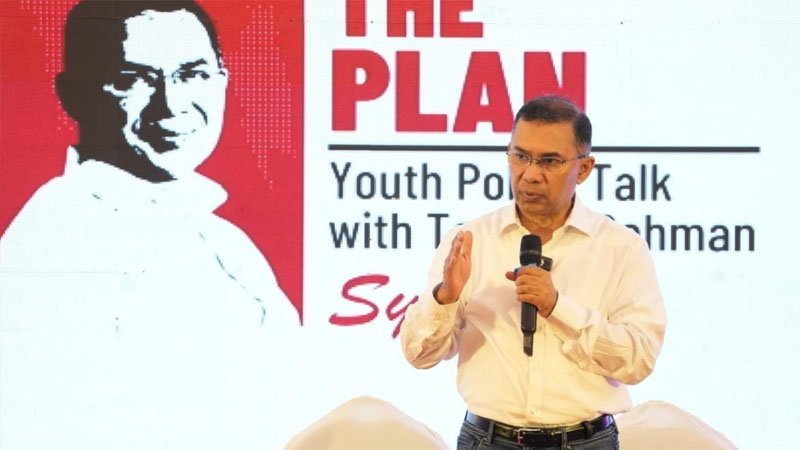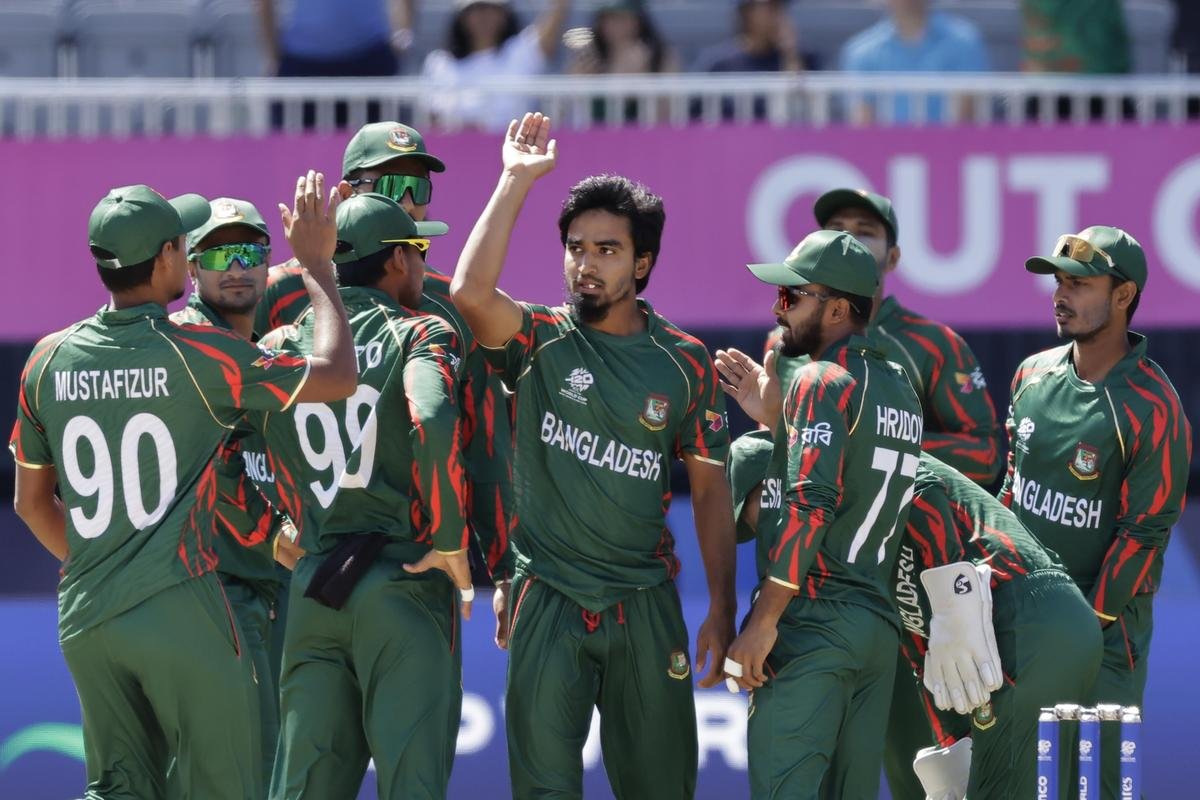Rubaba Dowla: The Second Woman to Join BCB And A New Chapter in Sports Leadership
Bangladesh cricket has reached another milestone in gender inclusion and leadership with the appointment of Rubaba Dowla as a director of the Bangladesh Cricket Board (BCB). She becomes only the second woman in history to hold such a position within the country’s top cricket authority. This achievement not only celebrates her personal success but also symbolizes the growing presence of women in Bangladesh’s sports administration.
Rubaba Dowla’s journey—from a pioneering marketing professional to a leader in Bangladesh’s corporate and sports sectors—reflects ambition, innovation, and empowerment. Her appointment in 2025 has been widely praised for bringing a fresh perspective to a board traditionally dominated by men.
A Trailblazer in Bangladesh’s Corporate World
Before entering the world of sports administration, Rubaba Dowla had already earned a reputation as one of Bangladesh’s most dynamic business leaders. She began her career in the telecommunications sector, where she played a pivotal role in transforming how mobile networks reached and connected people across the nation.
She was one of the founding members of Grameenphone, where she served for nearly 15 years, rising to become the Chief Marketing Officer (CMO). Under her leadership, the company launched some of the most successful campaigns in Bangladesh’s telecom history, such as initiatives aimed at digital inclusion, women empowerment, and youth engagement.
Later, Rubaba joined Airtel Bangladesh as the Chief Service Officer, where she continued to champion customer-centric innovation and advanced digital communication strategies.
Breaking Barriers in Sports Leadership
Rubaba Dowla’s appointment to the BCB marks a historic moment for women in sports governance. Previously, Monowara Anis Minu, who held the position in 2007. the first woman to serve as a BCB director. Rubaba’s inclusion now makes her the second-ever female director in the board’s history—an important step toward gender diversity in Bangladeshi cricket administration.
As a woman who has already broken numerous barriers in the corporate arena, Rubaba brings an inclusive, forward-thinking perspective to the cricket board. Her vision reportedly focuses on developing women’s cricket, enhancing fan engagement, and adopting modern business practices within the BCB’s operational structure.
In interviews, she has expressed a desire to “use her experience to strengthen Bangladesh’s cricket ecosystem,” especially by encouraging more young women to pursue careers both on and off the field.
Inspiring a Generation of Women in Bangladesh
Rubaba Dowla’s influence goes beyond cricket. She has been a consistent advocate for gender equality, education, and digital empowerment. Her involvement in the BCB could open new pathways for women in administrative and managerial roles, areas where representation has been limited.
In Bangladesh’s broader context, her success resonates with other women breaking ceilings in various sectors—whether in politics, business, technology, or media. She has often emphasized that diversity in leadership results in better decisions and more sustainable growth, a principle she is expected to carry into the cricket board.
Early Life and Education
Rubaba Dowla’s journey began with a strong foundation in education. She earned her Bachelor’s degree in Business Administration from North South University (NSU), one of Bangladesh’s leading private institutions. Later, she pursued executive education and leadership programs abroad to enhance her global perspective.
From her early years, Rubaba demonstrated leadership qualities and a passion for innovation. Friends and colleagues often describe her as a “visionary with an action plan”—someone who not only sets ambitious goals but follows through with dedication and creative problem-solving.
Her educational and professional background has enabled her to bridge the gap between corporate innovation and sports management, making her an ideal candidate for the BCB’s new direction in marketing, branding, and digital growth.
Rubaba Dowla’s Vision for Bangladesh Cricket
As part of the BCB, Rubaba Dowla is expected to focus on several key areas:
1. Women’s Cricket Development – Enhancing facilities, funding, and training opportunities for the national women’s team and grassroots programs.
2. Digital Engagement – Strengthening the BCB’s online presence and building global connections through social media and branding initiatives.
3. Sponsorship and Partnerships – Utilizing her corporate expertise to attract international sponsors and collaborations.
4. Fan Experience and Innovation – Promoting interactive, youth-driven events and campaigns that connect cricket fans nationwide.
Her leadership style, defined by data-driven decisions and creative strategies, is anticipated to bring modern corporate efficiency into Bangladesh’s cricket ecosystem.
A Symbol of Progress for 2025 and Beyond
Rubaba Dowla’s appointment comes at a time when Bangladesh cricket is undergoing structural evolution. With increasing international exposure and investment, there is a growing need for professional leadership within the board. Her arrival, therefore, represents both symbolic and practical progress—where experience from the corporate world meets the passion of sports governance.
As the second woman to join the BCB, Rubaba’s success story adds to Bangladesh’s ongoing narrative of progress, equality, and inclusion. She embodies a new generation of leaders who are equally comfortable in the boardroom and at the stadium—combining innovation, professionalism, and love for the game.
Conclusion
Rubaba Dowla’s journey to becoming a Bangladesh Cricket Board director is more than a personal achievement; it’s a turning point for women in sports administration. Her appointment signals a growing recognition that leadership should be defined not by gender but by capability, vision, and commitment to excellence.
As Bangladesh looks toward the future of cricket—both men’s and women’s—Rubaba’s leadership may inspire a generation of young girls who dream not just of playing the game but also of leading it. Her presence at the top table of cricket governance is a testament to Bangladesh’s evolving story: one of inclusion, empowerment, and global ambition.







